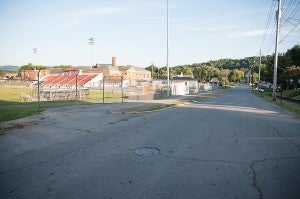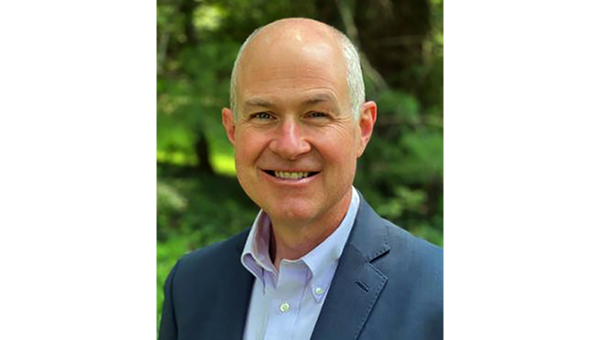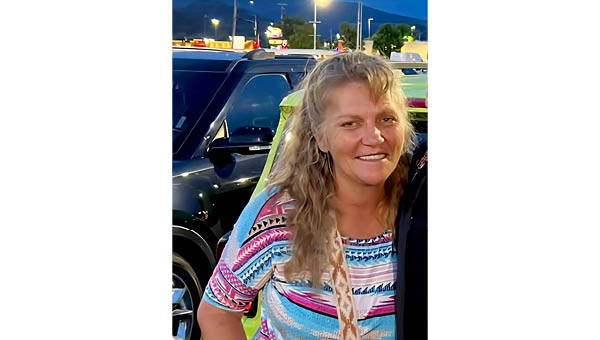Football parking faces a squeeze
Published 9:25 am Friday, August 15, 2014
Like linemen clearing a path for the ballcarrier, Elizabethton City Council has cleared a football-night path for firefighters.
Elizabethton’s City Council approved on-street parking changes around T.A. Dugger Junior High School during Friday night football games, in hopes the changes will lead to improved public safety.
During its Thursday meeting, Council unanimously approved adding a fire lane on Holly Lane from West G Street to Doe Avenue starting at 4 p.m. on the nights when home football games will be played in Brown-Childress Stadium.
Elizabethton City Manager Jerome Kitchens said council had discussed the issues with parking surrounding the school during football games for some time. Fans heading to the stadium park on both sides of surrounding streets, often reducing streets to one lane of traffic.
“There was a lack of an ability to get a fire truck into the community if it was needed,” Kitchens said.
To remedy the problem, the city will now place traffic barrels on the east side of Holly Lane from West G Street to Doe Avenue to create a temporary fire lane. Kitchens said the barrels would be put in place at 4 p.m. on nights when home games were hosted and would be removed either Friday night or Saturday morning, depending on what was most convenient for the street department.
“We know it will cause heartaches for the people who are used to parking there,” Kitchens said. “We have never had a fire incident during a game, but it is easier to tell someone they can’t park than it is to tell a homeowner we can’t get a fire truck to your home.”
Kitchens said he had spoken with the police and fire chiefs and the director of schools to develop the plan. He said the goal was to be able to have a fire truck within one block of homes in that community if necessary.
Council member Jeff Treadway asked how many vehicles would be affected, and where those cars would park now.
Kitchens said between 30 and 40 cars would have to find new places to park, which would mean that vehicles would be parking further out on side streets.
“There will be parking in places where it has not been before, but it will not be to the point that it blocks a street,” he said. “This will maximize our ability to respond to an emergency if one should occur.”
Kitchens also asked that the city be given the ability to modify the temporary fire lane as necessary once it is in place and city officials are better able to determine what works.






